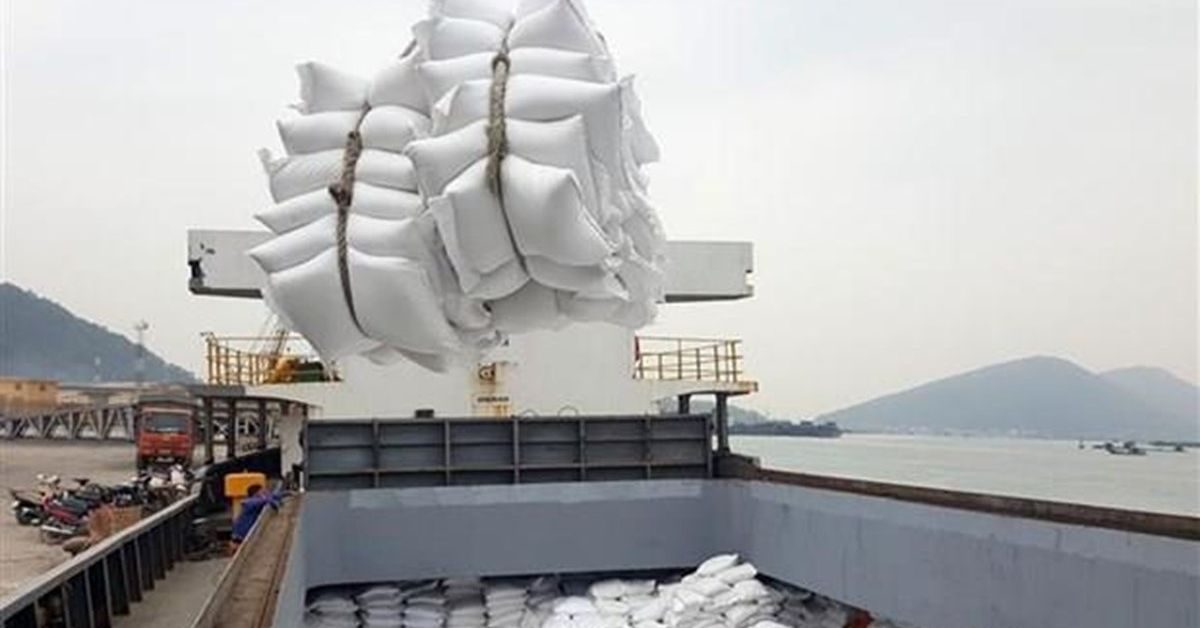In a major boost to India’s rice exports, a consignment has been shipped from the Kakinada deep-water port in Andhra Pradesh. A shipment of Satyam Balajee Rice Industries Pvt. Ltd, a member of the Agricultural and Processed Food Products Exports Development Authority (APEDA), was shipped from the Kakinada deep-water port. The Andhra Pradesh government had granted approval for the use of Kakinada deep-water port for rice exports as the adjourning anchorage port was facing congestion problems as demand for rice from India has seen a sharp spike in the current financial year (2020-21).
APEDA, which registers and supervises rice exports, had asked the Andhra Pradesh government to let exporters use the Kakinada deep-water port. The Rice Exporters Association of Kakinada had also made a similar request to the Andhra Pradesh government. According to the data for April-December 2020, the export of Basmati rice was Rs. 22,038 crore (US$ 2,947 million) against Rs. 20,926 crore (US$ 2,936 million) reported during the same period the previous year. The exports of aromatic and long-grain rice witnessed a growth of 5.31 per cent.
During the first three quarters of 2020-21, the shipment of non-Basmati rice witnessed an impressive spike. The non-Basmati rice exports was Rs. 22,856 crore (US$ 3,068 million) during April-December 2020 against Rs. 10,268 crore (US$ 1,448 million) reported during the same period in 2019. The exports of non-Basmati witnessed a growth of 122.61 per cent. A key factor attributed to such a spike in non-Basmati rice exports was demand from many African and Asian countries during the COVID-19 pandemic. Many countries wanted to create rice stocks so that they could be used during emergencies. Another factor that helped India’s non-Basmati rice exports was Thailand, the second-largest rice exporter in the world after India, suffered a drought last year that impacted its output.
The sharp spike in rice exports especially during a phase where the COVID-19 pandemic has disrupted global supply has been attributed to the government taking prompt measures to ensure exports of rice while taking all COVID-related safety precautions.
Source : News Meter







